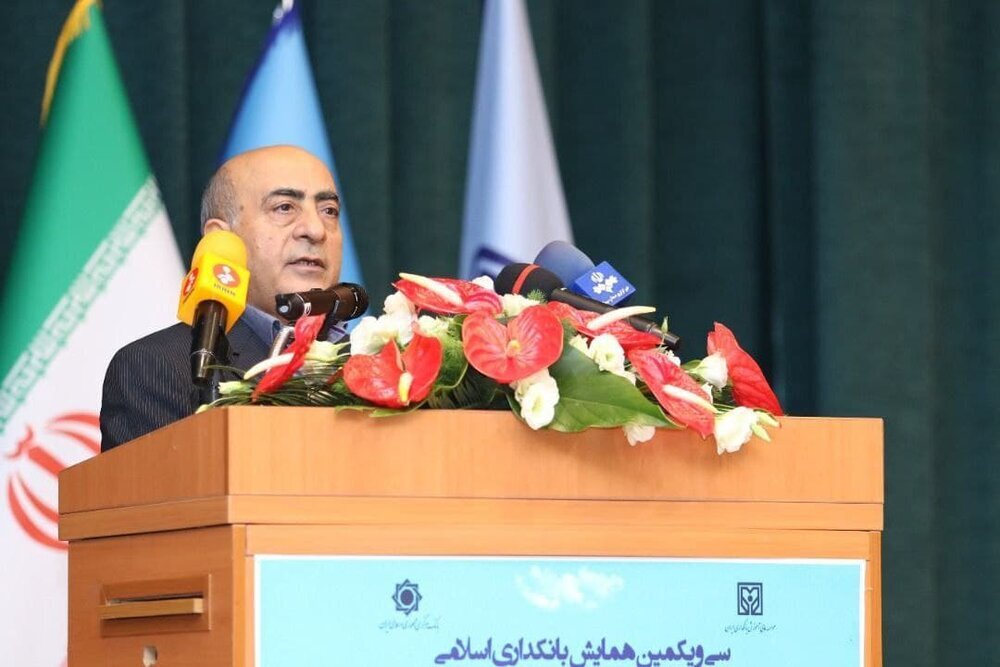Tehran hosting Islamic banking conference

TEHRAN – Iran’s 31st Islamic Banking Conference kicked off at the place of the Central Bank of Iran (CBI) in capital Tehran on Tuesday, IRIB reported.
The two-day annual event is attended by the managing directors of the country’s banks, university professors, and monetary analysts, as well as senior government officials including the CBI Governor Akbar Komeijani and the Minister of Finance and Economic Affairs Ehsan Khandouzi.
As reported, in this conference, issues such as banking governance, reform of banking laws, banking business model and the role of banks in supporting domestic production are discussed in specialized roundtables.
Speaking in the opening ceremony of the conference, CBI Governor Komeijani pointed to the recent upward trend of the value of the national currency against the U.S. dollar, and said this trend will continue in the coming months.
He also mentioned the supply of foreign currency for the imports of COVID-19 vaccines, and noted: “Last year, measures were taken to supply the foreign currency needed to provide coronavirus vaccines, and this process has accelerated in recent months, and now we have no problem in this regard.”
Komeijani also emphasized the significant role of the banking system in funding the government and realizing the budget bill income expectations, and said: “Last year, the Central Bank sold more than 1.26 quadrillion rials (about $30 billion) of Islamic bonds, of which about 51 percent were bought by banks and the rest by individuals and legal entities in the financial market; this provided a great opportunity to offset the budget deficit.”
“If this tool was not used, the budget deficit would have been met by the banks and that would have caused the monetary base to grow,” he said.
Further in the conference, Khandouzi also delivered a speech in which he emphasized the need for implementing justice in the banking system.
The official also addressed the important issue of directing liquidity towards production and said: “Today, about 97 percent of money and liquidity is created by banks. So, the question that arises is whether this liquidity is directed toward the production sector and entrepreneurs through the credits provided by the banks or enters the non-productive sector? Do banks use their money-making power to build or to destroy the country's economy?”
He further stressed the need for strict monitoring of the country’s banking system and said: “In the country's banking system, the policy maker and the supervisor should not be the same. The policymaker must implement his policies and the supervisor should oversee these policies and their implementation.”
“Today, new technologies have made it possible for both bank managers and supervisors to monitor various banking processes. Technologies such as digital currency allow the central bank to prevent money laundering and tax evasion by controlling the flow of money in the country,” Khandouzi explained.
EF/MA
Photo: CBI Governor Akbar Komeijani

Leave a Comment